
Russia detains Belarusian citizen, alleges SBU-linked bombing plot
In a video released by Russian state-run RIA Novosti, the detainee, whose identity was not disclosed, said he was born in 2000 and is a citizen of Belarus.

In a video released by Russian state-run RIA Novosti, the detainee, whose identity was not disclosed, said he was born in 2000 and is a citizen of Belarus.

The U.K.'s Defense Ministry also received credible intelligence suggesting that superyachts owned by Russian oligarchs could have been used for underwater reconnaissance, according to the Sunday Times.

The Base, a neo-Nazi terrorist group with links to Russia is offering locals payment to carry out terrorist attacks in cities across Ukraine, the Guardian reported.

The youngest executors of Russian orders, whom the SBU exposed for setting fire to Ukrainian Railways' railroad switchboards, were 13-year-old teenagers.

The Atesh partisan group sabotaged a railway line in Russia's Smolensk Oblast, disrupting the transport of military cargo toward Bryansk and the Kursk Oblast, the group claimed via Telegram on March 23.

A woman has died as a result of the explosion and there are additional casualties, regional police officials said.

Under former U.S. President Joe Biden, the National Security Council coordinated the effort of at least seven security agencies, who worked with European partners to disrupt Russia's escalating hybrid activities across the European continent.

The Lithuanian prosecutor’s office alleges that Russia's military intelligence formed a special group to carry out arson attacks across Lithuania, Poland, and Latvia.
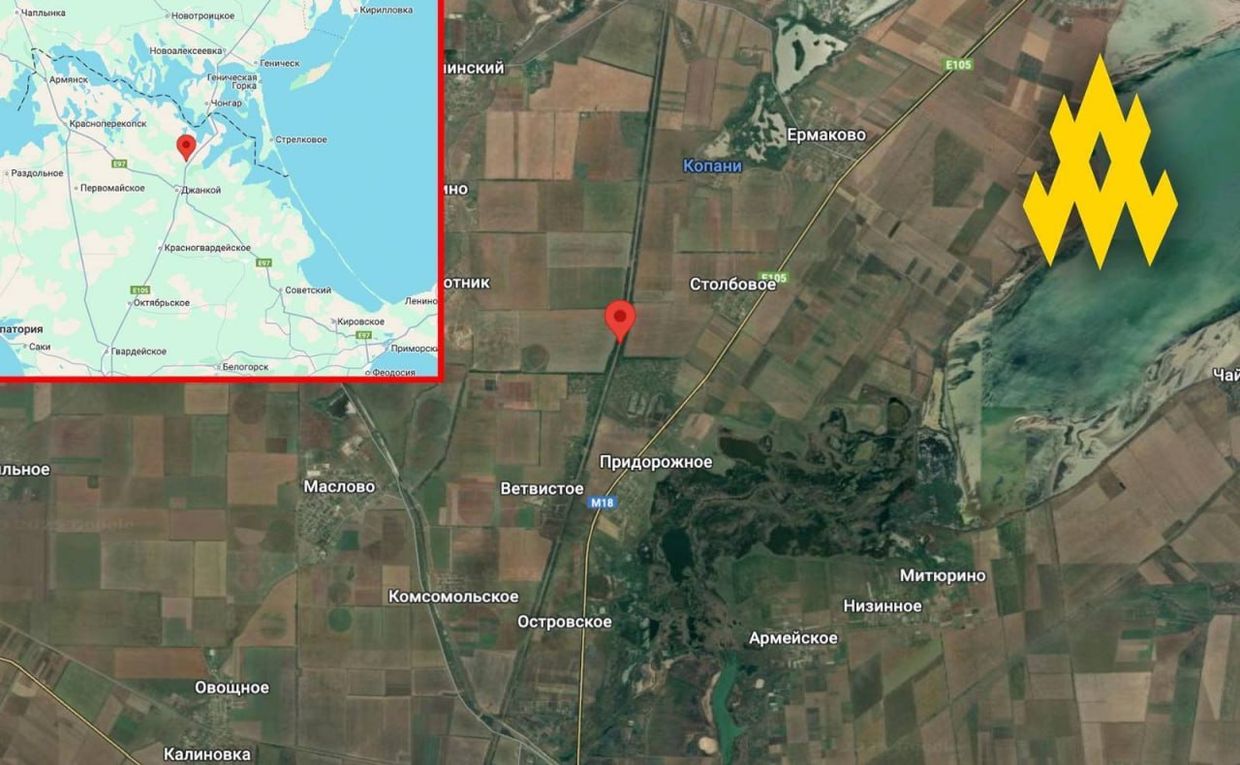
The Atesh partisan group sabotaged a railway line linking parts of occupied Crimea with the front line in Zaporizhzhia Oblast, disrupting Russian supply lines, the group claimed via Telegram on March 9.
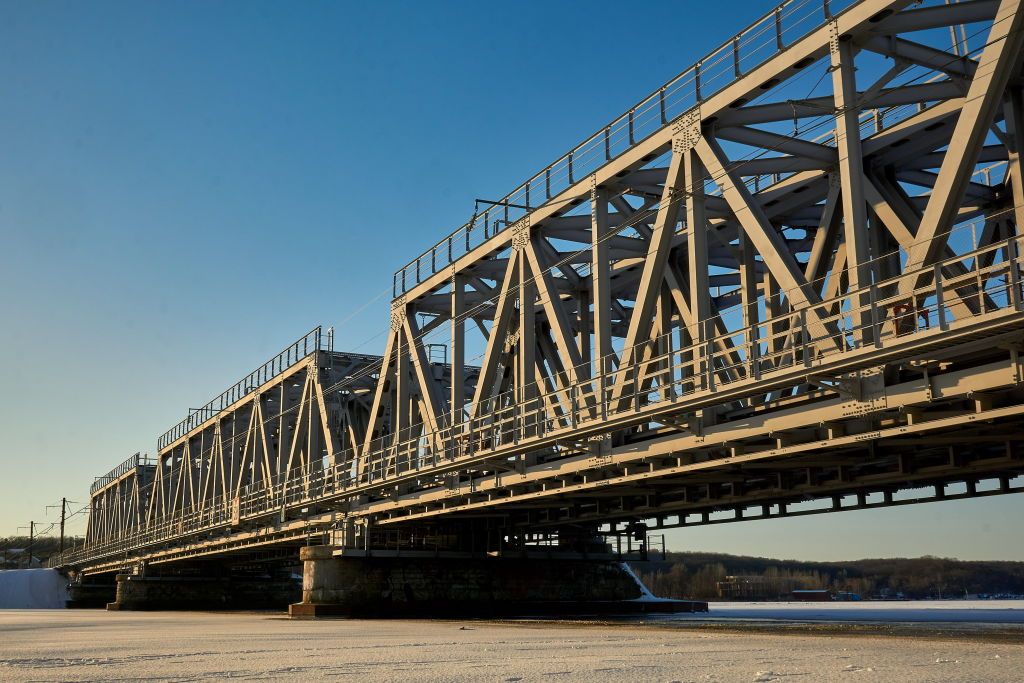
Two diesel trains were disabled in Russia as a result of Ukraine's military intelligence (HUR) operations, a military intelligence source told the Kyiv Independent on March 8.
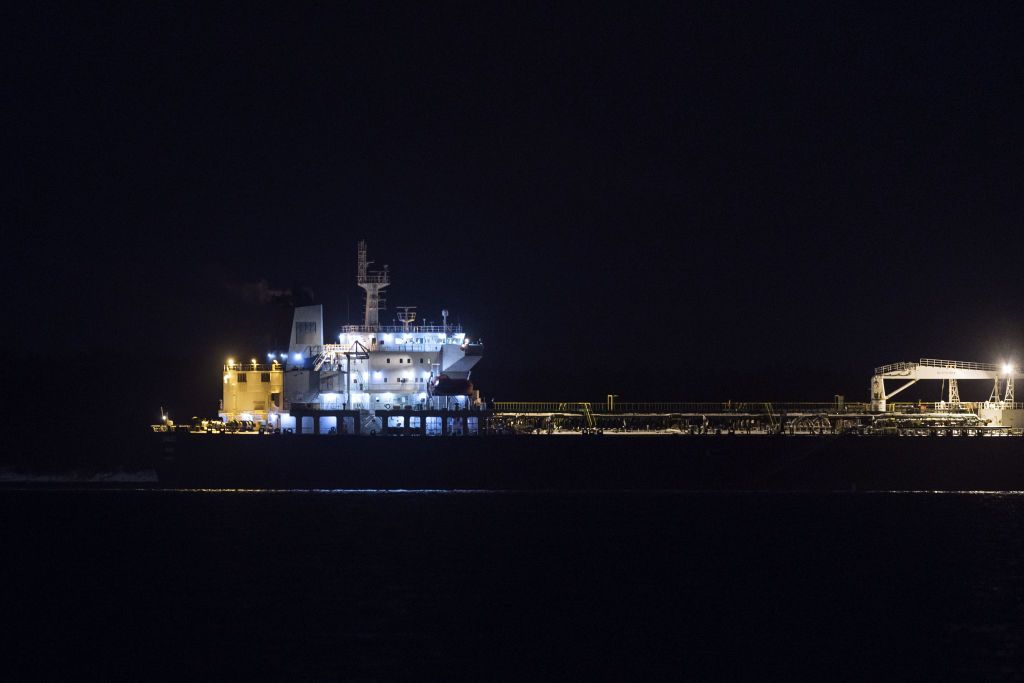
In January, the Swedish Navy found an anchor at the site of the sabotaged cables in the Baltic Sea. Finnish authorities suspect the Eagle S intentionally dragged its anchor along dozens of kilometers of the Baltic seabed, according to AFP.
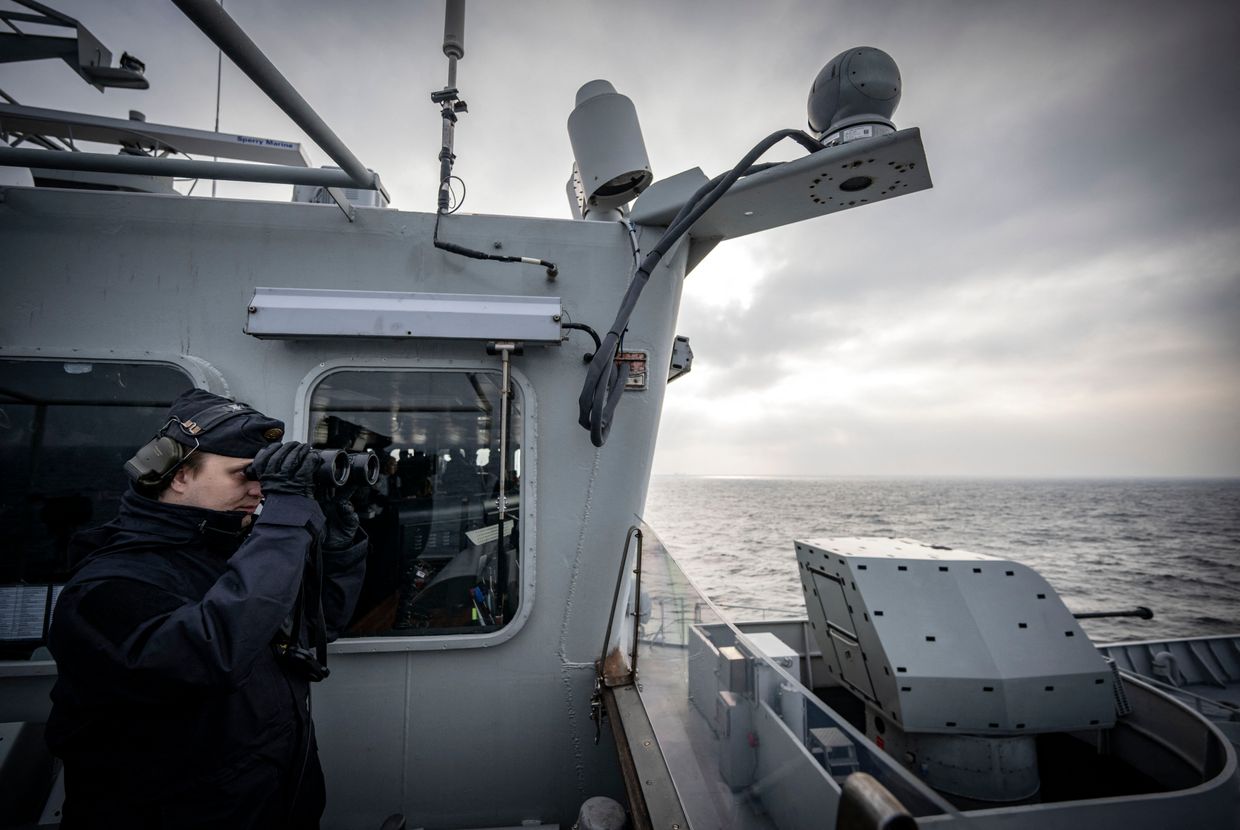
The fiber-optic cable, running between Finland and Germany, was damaged near the Gotland Island within the Swedish economic zone, Sweden's Coast Guard said.
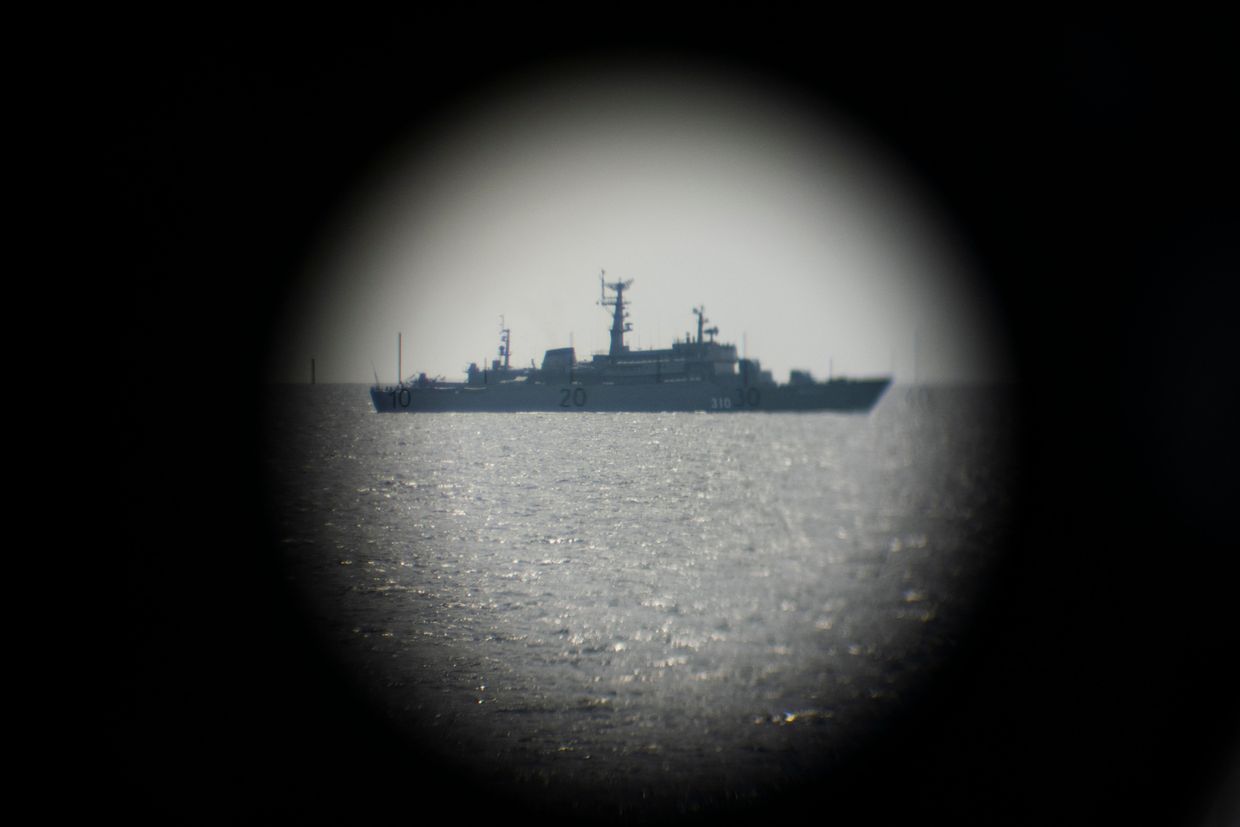
The incidents included infiltration attempts at naval bases from land and sea, as well as direct damage to vessels, German Navy Commander-in-Chief Vice Admiral Jan Christian Kaack said.

The damage comes amid a series of recent disruptions to undersea telecom and power cables in the Baltic Sea. Western experts and officials have accused Russia of engaging in hybrid warfare against countries supporting Ukraine.
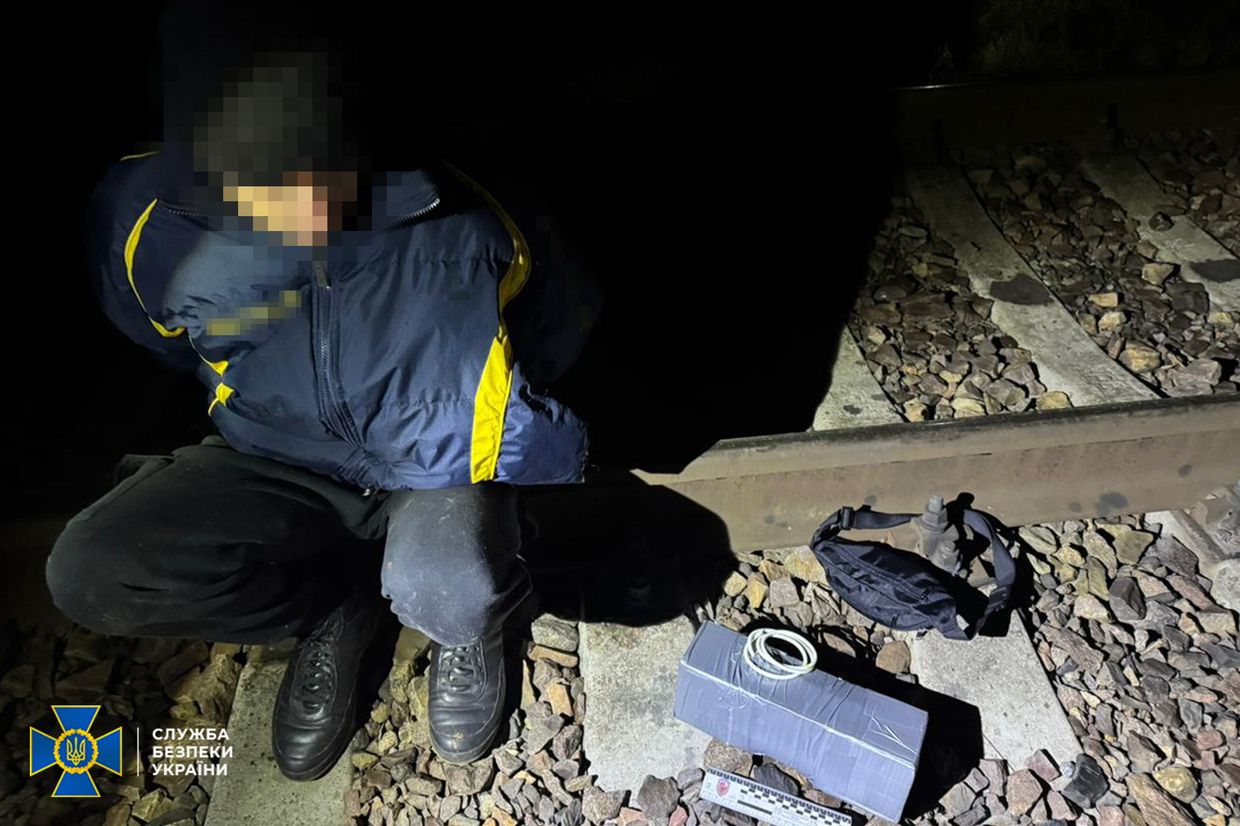
The suspect was detained near the tracks while placing explosives, which were intended to be detonated remotely, the SBU said.

The vessel, which operates under the Norwegian flag and travels between St. Petersburg and Murmansk, was seized in Tromso at Latvia's request following a local court order.

Following Russia's full-scale invasion of Ukraine in 2022, concerns over the security of energy and communication infrastructure in the Baltic Sea intensified. Initially, focus was placed on the threat of hybrid attacks from Russia. However, it became evident that Russian military vessels and so-called "research" ships were actively mapping the

Speaking at the European Parliament, NATO's Deputy Assistant Secretary-General James Appathurai confirmed the threats against Rheinmetall's CEO, which had previously been circulating only in the media.
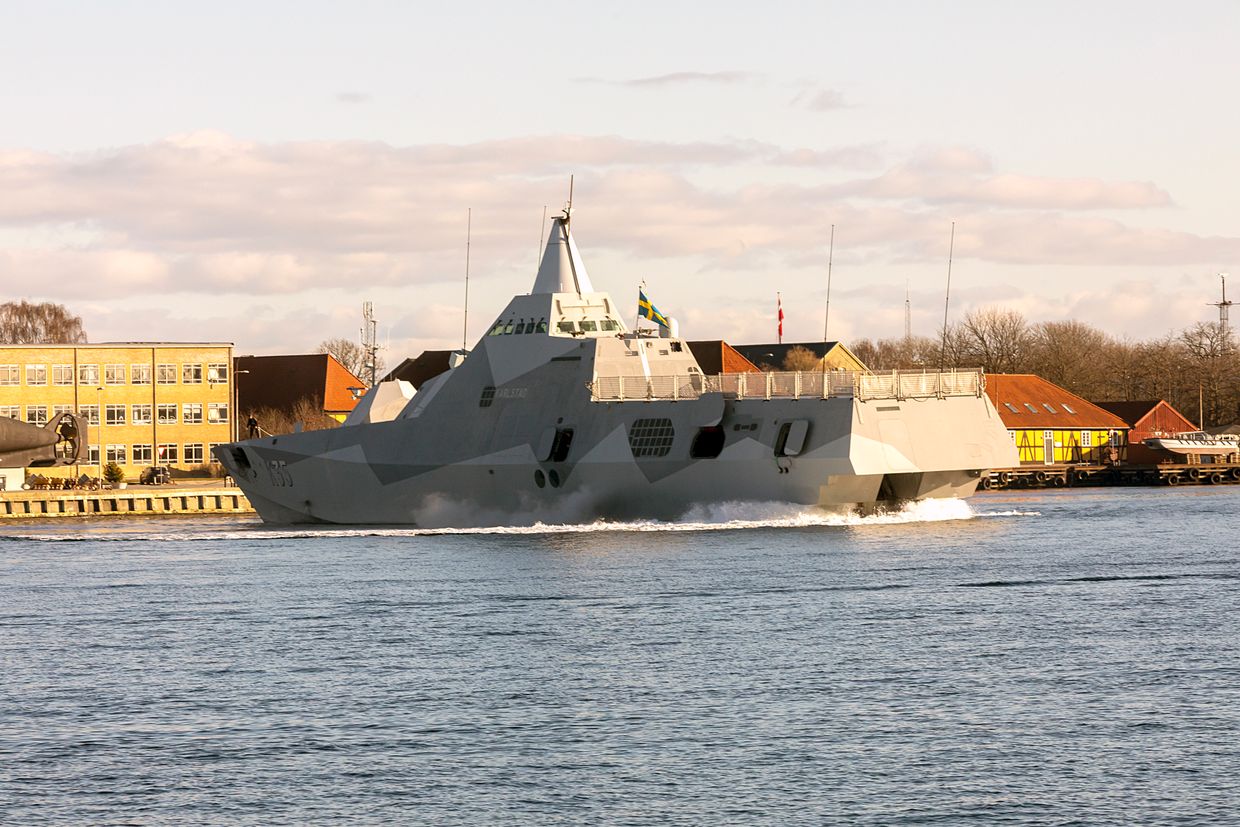
According to information obtained by AP from a ship-tracker software, the Malta-flagged Vezhen departed from the Russian port of Ust-Luga several days earlier and was navigating near the site of damage.
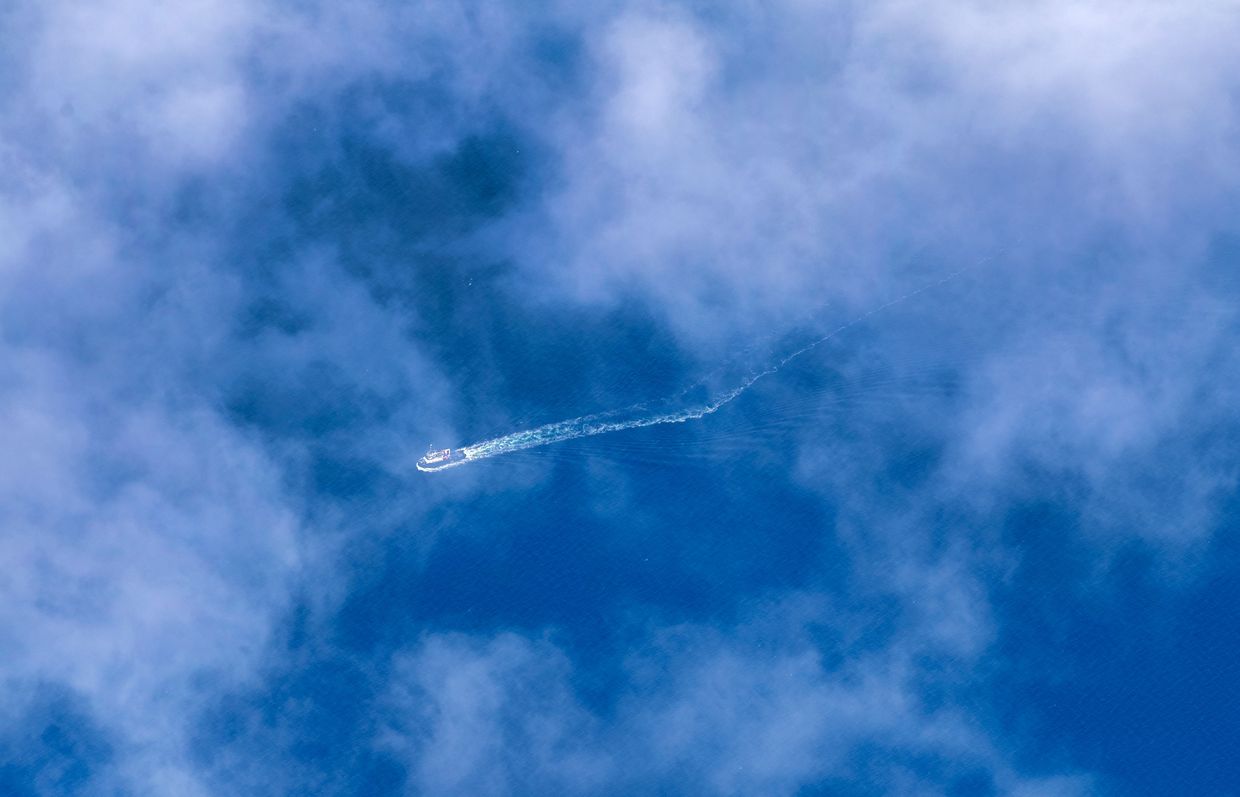
An underwater fiber optic cable belonging to the Latvian State Radio and Television Broadcasting Center (LVRTC) was significantly damaged on Jan. 26, reportedly due to external impact, according to LVRTC representative Vineta Sprugaine.

The SBU carried out 157 special operations from Jan. 18-20 in order to "counter crimes that pose a threat to state security." The actions resulted in 222 charges and 85 detentions, the agency said.

Intelligence officials in the U.S. and Europe have suggested that recent incidents damaging critical cables in the Baltic Sea were accidental, according to a Washington Post report. Western geostrategic self-deception has overly emphasized fears of escalation and cornering Russia. It would be naïve to assume that the repeated cutting

Amid a series of incidents that have damaged critical cables in the Baltic Sea, intelligence services in the U.S. and Europe are increasingly convinced that accidents led to the incidents, according to a new report by the Washington Post on Jan. 19.

"These acts of sabotage are versions of the war that Russia has declared to the whole world, not just Ukraine," Polish Prime Minister Donald Tusk said.

The summit welcomed NATO’s "Baltic Sentry" mission, aimed at monitoring, deterring, and responding to potential threats. Up to 10 NATO vessels will patrol the Baltic Sea until April, enhancing situational awareness and protecting critical undersea infrastructure.

Outgoing U.S. President Joe Biden's team delivered a message to Russian President Vladimir Putin to put an end to Russian intelligence's suspected plans to smuggle incendiary devices onto U.S.-bound cargo planes, The New York Times reported on Jan. 14, citing unnamed sources.

Sweden will increase its military presence in the Baltic Sea through the deployment of three warships and a radar reconnaissance aircraft in response to the suspected sabotage of several underwater cables, Swedish Prime Minister Ulf Kristersson said on Jan. 12.
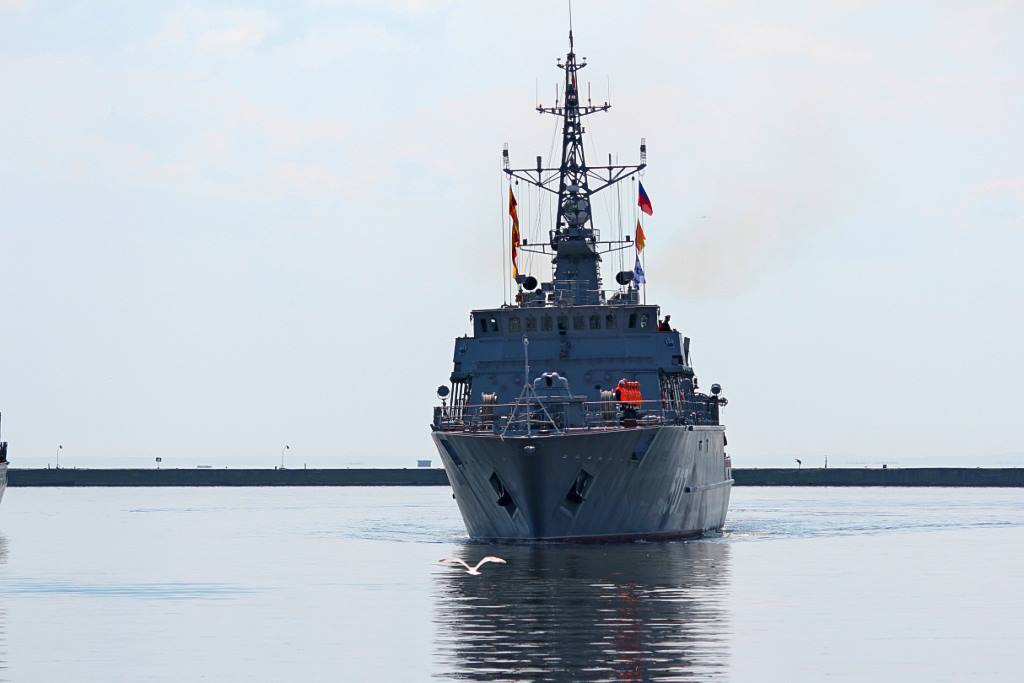
The meeting, co-organized by Finland and Estonia, will focus on enhancing NATO's presence in the Baltic Sea and responding to risks posed by Russia’s so-called shadow fleet, a group of tankers allegedly used for sanction evasion and espionage.
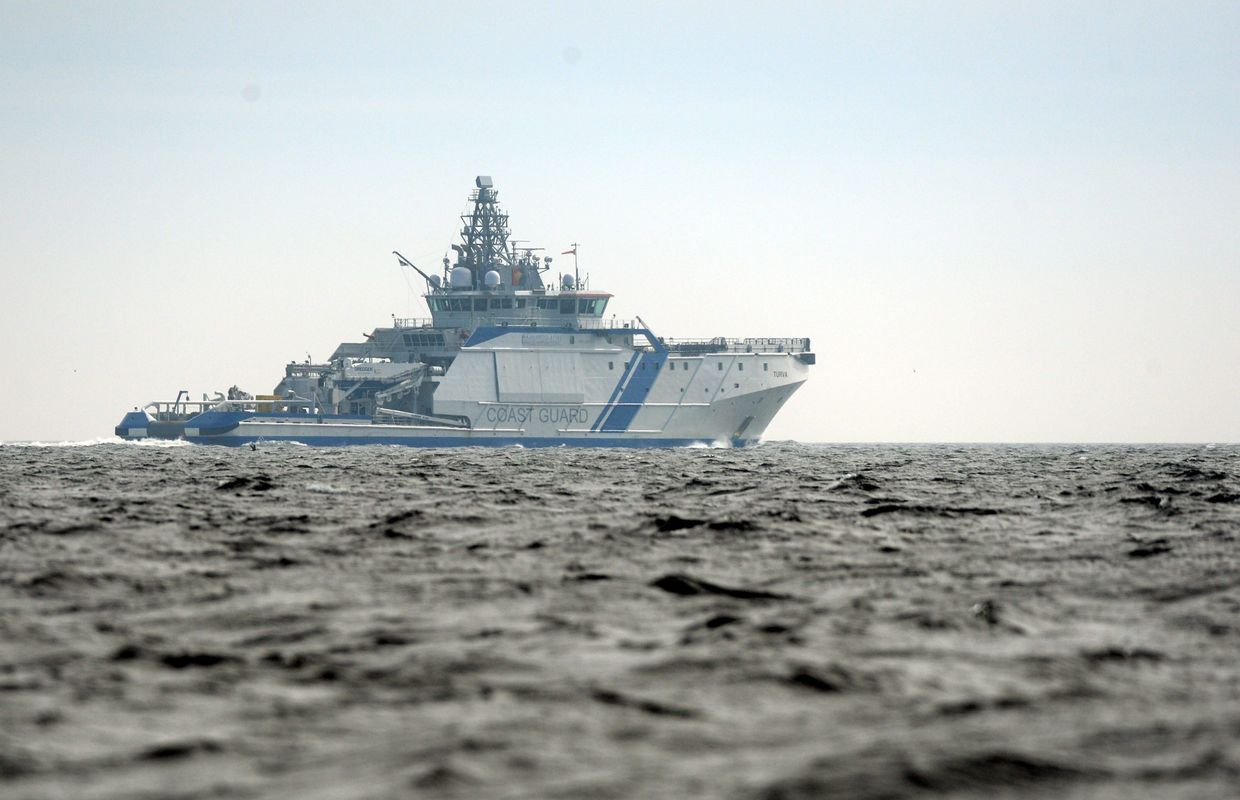
A fleet of up to 10 NATO vessels will guard the infrastructure under the Baltic Sea until April, the Finnish broadcaster YLE reported on Jan. 7 after several cables were cut in suspected sabotage.

The U.K-led Joint Expeditionary Force (JEF) has set up a tracking system to alert allies if a ship poses a threat to undersea cable infrastructure and track Russia's shadow fleet of tankers, London said on Jan. 7.

The Helsinki District Court has ruled to keep the oil tanker — suspected of belonging to Russia's "shadow fleet" — under seizure, despite an appeal from the ship's owner.

The damaged cable is one of several recent incidents in the Baltic Sea under investigation as possible acts of sabotage.



